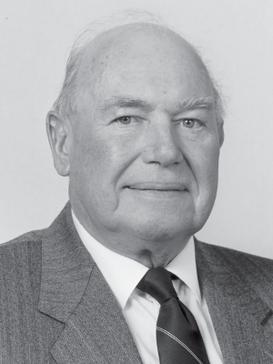Christopher Polge facts for kids
Quick facts for kids
Christopher Polge
|
|
|---|---|
 |
|
| Born | 16 August 1926 |
| Died | 17 August 2006 (aged 80) |
| Nationality | British |
| Alma mater | University of Reading |
| Known for | Cryopreservation |
| Awards | Wolf Prize in Agriculture (1988) Japan Prize (1992) |
| Scientific career | |
| Fields | Cryobiology |
| Institutions | National Institute for Medical Research, Animal Research Station at Cambridge |
| Doctoral students | Ian Wilmut |
Christopher Polge (born August 16, 1926 – died August 17, 2006) was a British scientist. He is famous for his important work in cryopreservation. This is the science of freezing living cells and tissues.
Who Was Christopher Polge?
Christopher Polge grew up on a farm in Buckinghamshire, England. He went to Bootham School in York. Later, he studied agriculture at the University of Reading. After college, he worked for a short time helping farmers with their money.
He then joined a science team in London. This was at the National Institute for Medical Research. Later, he moved to the Animal Research Station in Cambridge. There, he worked with a well-known scientist, Sir John Hammond.
Freezing Living Cells
While studying for his advanced degree, Polge solved a big problem. Scientists had struggled to keep living cells and tissues alive when frozen. In 1950, Polge made a breakthrough. He successfully produced the first chicks from eggs fertilized with frozen sperm. This was the first time this had been done with animals that have backbones.
Just two years later, Polge had more success. He reported that cows could get pregnant using sperm that had been frozen for over a year. This discovery changed how farmers could breed their animals. It made it much easier to improve the health and quality of farm animals.
Later Career and Awards
The Animal Research Station closed in 1986. After this, Polge helped start a company called Animal Biotechnology Cambridge Ltd. He was also the scientific director there. His goal was to use science to create new products for farming.
Polge was recognized for his amazing work. In 1983, he became a member of the Royal Society. This is a very old and respected group of scientists in the UK. He won the Wolf Prize in Agriculture in 1988. In 1992, he was made a Commander of the Order of the British Empire (CBE). This is a special honor from the British Queen. In 1997, he was also chosen to be a foreign member of the US National Academy of Sciences.
 | Anna J. Cooper |
 | Mary McLeod Bethune |
 | Lillie Mae Bradford |

